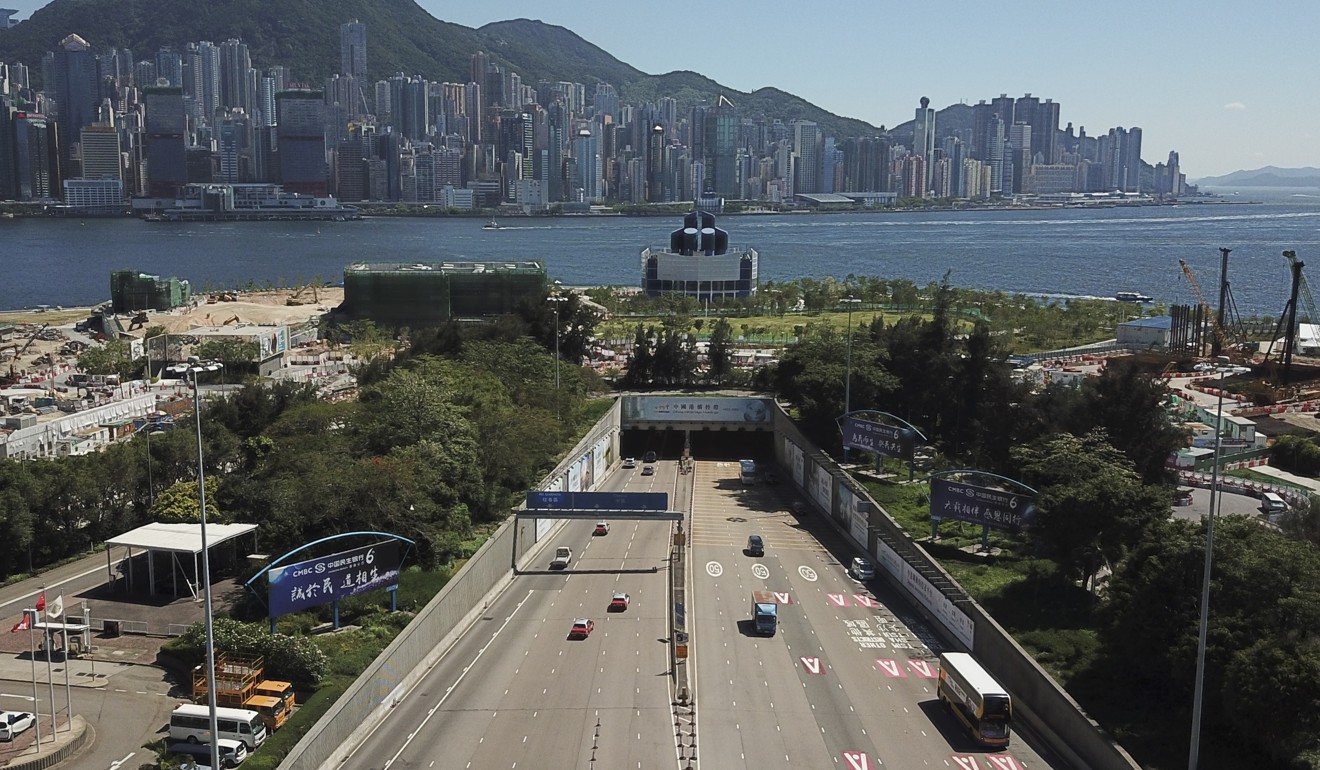
Hong Kong police decision to arrest cabby who died after neck grab was unlawful, court hears
Sergeant Law Wai-man made a biased decision based on taxi driver’s outfit and social status, lawyer argues, in case that saw 65-year-old dragged into police car by the neck
A Hong Kong police officer who ordered the arrest of a taxi driver before the cabby died in custody six years ago denied in court on Tuesday that his decision was unlawful.
Sergeant Law Wai-man was responding to a question from the family of Chan Fai-wong, 65, who died of complications from a cervical vertebra dislocation after police grabbed him by the neck during his arrest in 2012.
The question could have a bearing on the lawfulness of police action after the driver had been taken into custody, according to coroner Ada Yim Shun-yee.
“If the arrest was an unlawful one, the action that followed would be unlawful,” Yim said.
The Hong Kong Coroner’s Court previously heard how Chan had called police on November 11, 2012, complaining that he had been assaulted by a Japanese passenger following a taxi fare dispute.
But it was Chan who was eventually arrested, and he was pulled into a police car with an officer’s arm around his neck.
The driver was diagnosed with a cervical vertebra dislocation two days after the arrest. He died a month later on December 12 of bronchitis he contracted as a complication of the injury.

On Tuesday his family’s lawyers complained that officers had tried to load him into the police car “as if he were a sack of potatoes”, and they questioned the legal basis for the arrest in the first place. They argued the police had made a biased decision based on Chan’s “outfit and social status”.
“You preferred [the Japanese passenger’s] evidence on the spot,” Neville Sarony SC said. “I suggest you did not make a lawful arrest.”
But Law disagreed. The sergeant, who joined the police force in 1989, said he had found sufficient grounds to reach his decision after questioning Chan, the Japanese passenger and staff of the Western Harbour Tunnel, where the assault allegedly took place.
Law recalled that Chan had not complained of any assault by the passenger, and tunnel staff had reported seeing the driver put his arm around the Japanese man.
Law also testified that the passenger had clearly claimed the driver had beaten him and that his upper lip was in pain.
Lifting elderly cabby up by the neck was unlawful force, Hong Kong policeman says
“I have dealt with so many cases. I never make any biased decisions based on an outfit or social status,” he said. “I’m not a person of high social status, I respect citizens of grass-roots backgrounds.”
Counsel Samson Hung, representing the police force, said Law would have arrested the Japanese passenger as well if the driver had complained of being assaulted.
Another lawyer, Priscilia Lam, representing one of Law’s team, asked: “If an officer suspected an arrest was an unlawful one, would he or she use force?”
Law replied no.
But the coroner questioned if police would have made the same decision if Chan had been able to give a statement.
Multiple officers previously testified to experiencing difficulties understanding irrelevant answers given by an incoherent Chan. A psychiatrist who saw Chan on November 12 said he was unfit to give a statement.
“If police had insisted on [taking a statement], would it have been fair to the taxi driver?” Yim asked.
“No,” Law replied.
The inquest continues.

